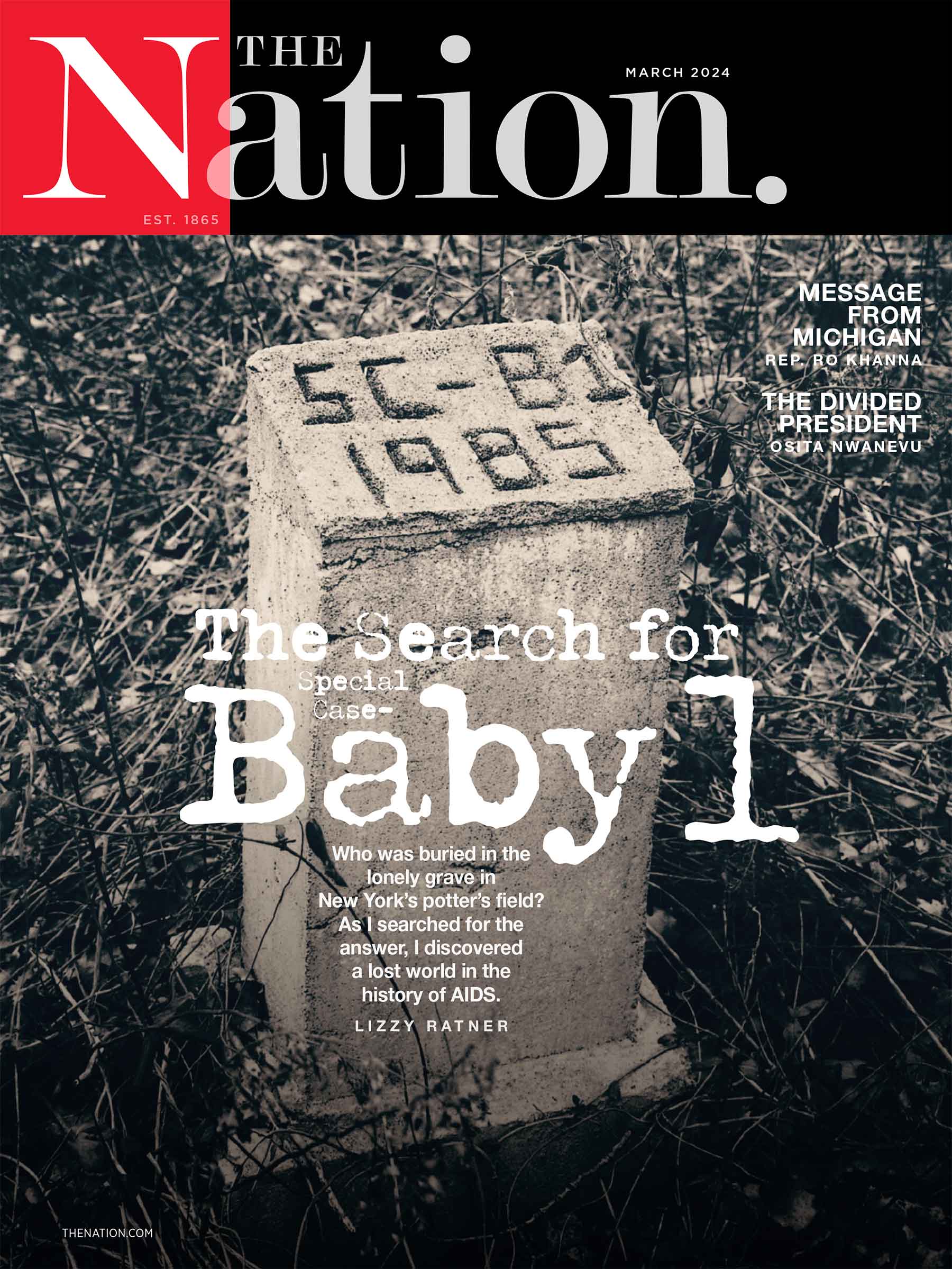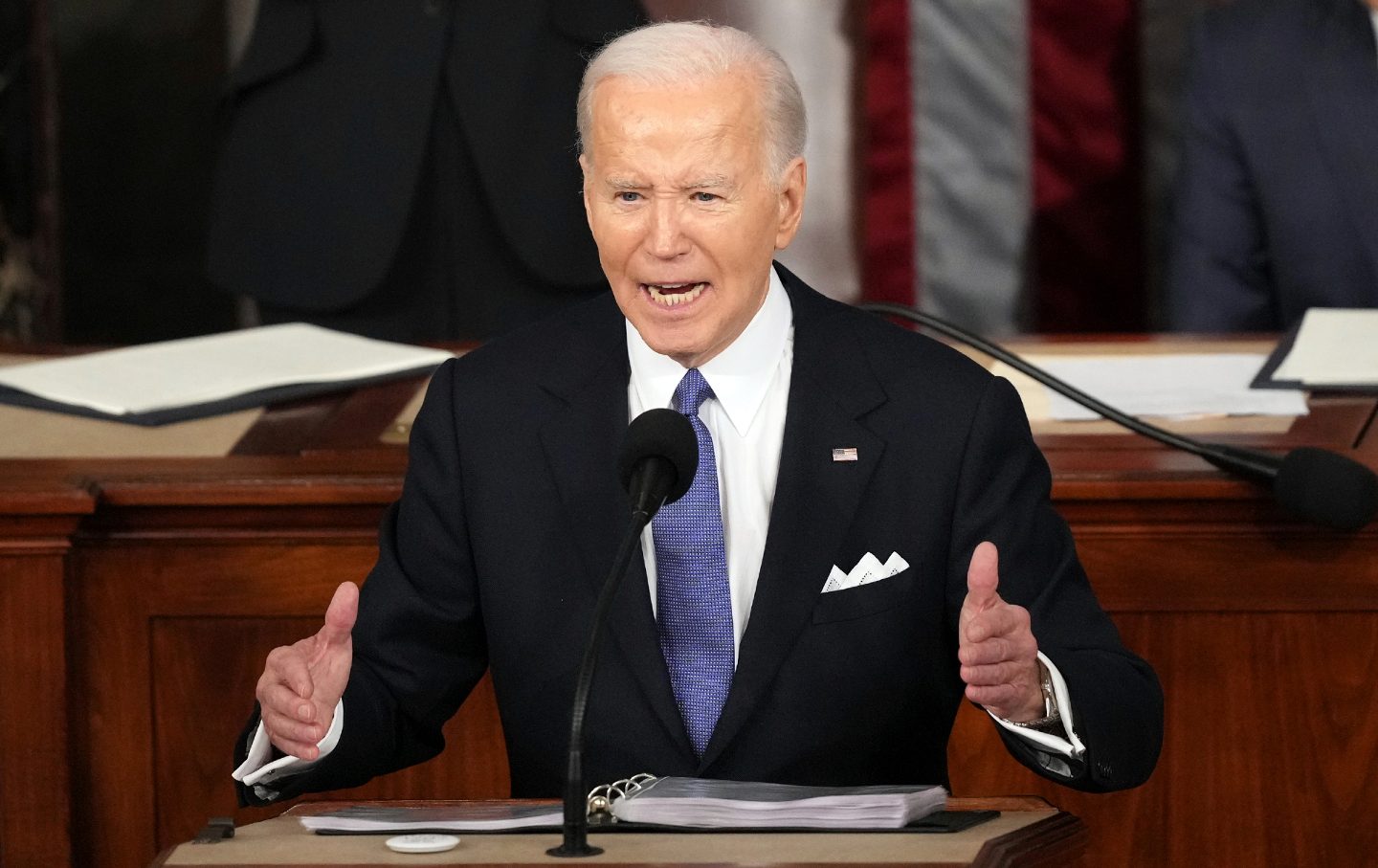[ad_1]
March 12, 2024
Why he should exploit, for political purposes, his wisdom and experience.
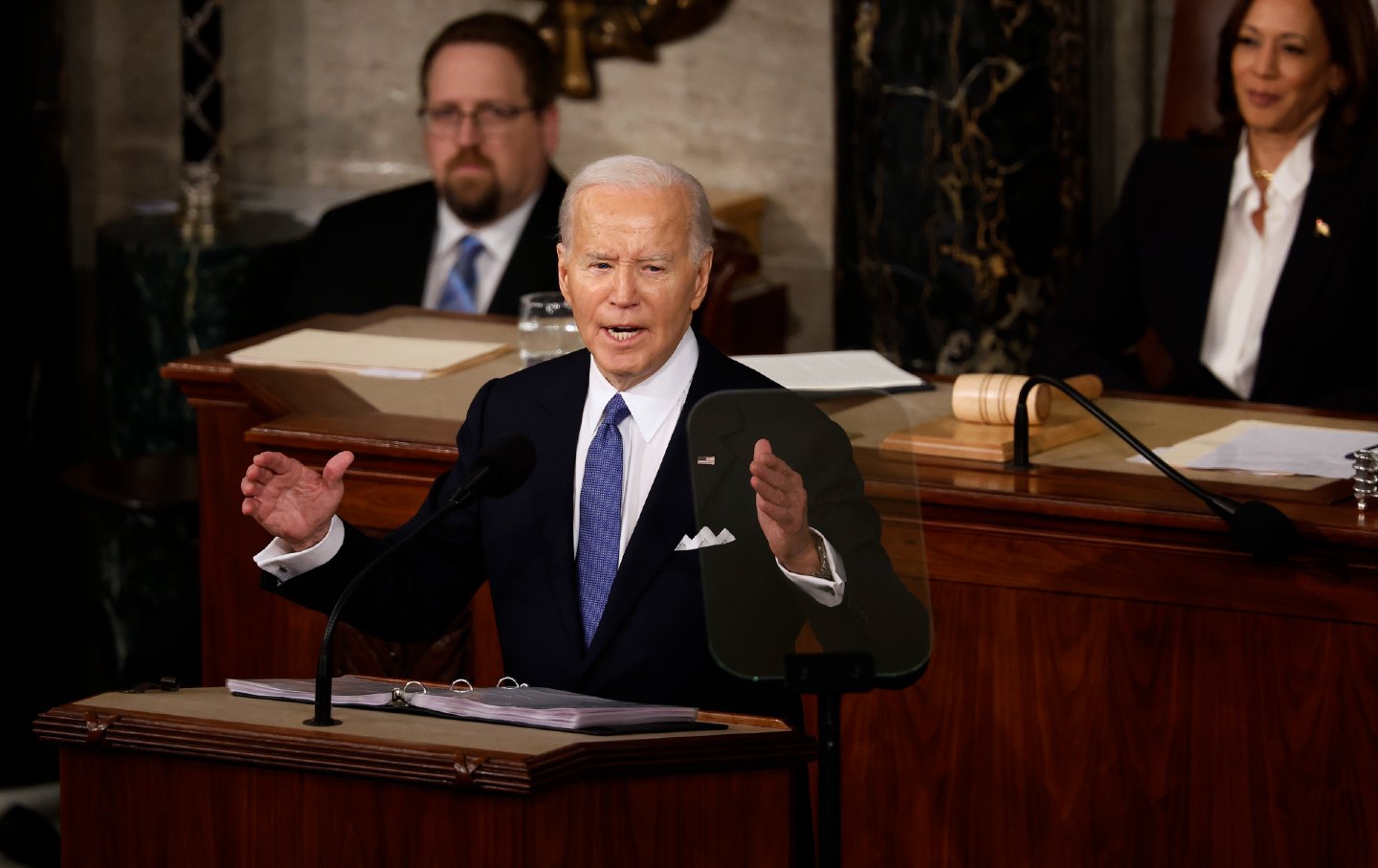
In his State of the Union address last week, President Biden pushed for a plan to curb sky-high executive compensation, announced more humanitarian aid for Gaza, and mentioned artificial intelligence for the first time ever in the annual speech. But the substance of Biden’s address wasn’t what got people’s attention. It was the fact that he was able to successfully deliver it, despite persistent concerns over his age.
Of course, his advocates were pleased with his energetic performance. As Representative Jerry Nadler said to the president immediately afterward, “Nobody’s gonna talk about cognitive impairment now!” (Biden’s response—“I kinda wish sometimes I was cognitively impaired”—was quick enough to underscore Nadler’s point.)
Perhaps even more telling was the response from the right. Unable to justify another round of “Sleepy Joe” accusations, President Trump accused Biden of being hopped up on drugs. Fox News went for the same line of attack.
You don’t claim your opponent is juicing if you’re winning.
This all comes after months—years, even—of increasingly vocal concerns about Biden’s fitness for the job. As of early March, 73 percent of voters thought Biden was “just too old” to be effective—including 61 percent of people who supported him in 2020. And while Biden may have benefited from the soft bigotry of low expectations—“Can you believe the president spoke for an hour straight?”—his invigorated remarks still constituted a desperately-needed win.
Now that Biden has proven himself, some will say we should stop talking about his age. But rather than cease the conversation entirely, we finally have the opportunity to change it.
The reductive discourse about whether Biden is too old dismisses the valuable leadership qualities that can come from age: wisdom, experience, and perspective. And it diminishes the invaluable contributions that Americans over 80 are making—to politics, to culture, and to public life.
We have a stereotypical view of our presidents, and our leaders in general, as spry and strong, Kennedy-in-Camelot types. But the qualities that are actually best suited to leadership are subtler—and often present themselves more frequently in the elderly.
For one, older people panic less: Because the nerve cells that cause our “fight-or-flight” reactions fade over time, later-in-life leaders tend to be less emotionally volatile. And in a study that compared older leaders to their younger counterparts, the elder ones were rated better at building trust, nurturing their teammates, and bringing clarity to complicated situations.
These qualities ring true for Biden. Yes, he’s old. Anyone can see that. He’s tripped up over words and names, stairs and sandbags. But he also has empathy for Americans’ struggles, developed over a lifetime of hardship. And while his administration’s foreign policy may reflect an outdated Washington consensus, his domestic policy agenda is (mostly) compassionate and wise. He pushes the wealthy to pay their fair share in order to grow the middle class. He vocally supports organized labor, and became the first president in history to walk a picket line.
This is the message Democrats can send on Biden’s age. Not that he isn’t aging, but that his age is working in his favor. To amend the famous Ronald Reagan quip, Biden should exploit, for political purposes, his wisdom and experience.
After all, Americans embrace many elderly leaders—and we’re better off for it. Gloria Steinem, who turns 90 this month, continues to organize for women’s rights—and her endorsement means more than ever. Bernie Sanders, 82, speaks with a cogency and moral clarity that surpasses the vast majority of his younger congressional colleagues. Howard Hiatt, who passed away last week at the age of 98, transformed health policy well into his 80s. At 94, former president Jimmy Carter offered to conduct a diplomatic visit to North Korea on behalf of the Trump administration. Former secretary of defense William J. Perry, one of the world’s most knowledgeable experts on nuclear weapons, continues to sound the alarm at 96.
Then there are the artists who offer their most inspirational works in the final acts of their lives. Toni Morrison published beautiful, political books and essays throughout her 80s. Eighty-two-year-old Bob Dylan launched a world tour in 2021—and not only is he still going, he’s teaming up with 90-year-old Willie Nelson for 25 shows this summer. Martin Scorsese, 81, just became the most-nominated living director at the Academy Awards for a film that presented all kinds of challenges to his creative sensibilities and his physical endurance.
Popular
“swipe left below to view more authors”Swipe →
So no, it’s not that age is just a number. It’s that great leaders—and great Americans of all stripes—use their age to their advantage.
To be sure, it can be uncomfortable to watch a leader struggle through a speech, or stumble over a step. But this is a socialized reaction, and not an inherently useful one. Our leaders should be all kinds of people, with all kinds of abilities. Older people may not fit our traditional vision of what a leader should be—and maybe, just maybe, that’s a good thing.
Thank you for reading The Nation!
We hope you enjoyed the story you just read. It takes a dedicated team to publish timely, deeply researched pieces like this one. For over 150 years, The Nation has stood for truth, justice, and democracy. Today, in a time of media austerity, articles like the one you just read are vital ways to speak truth to power and cover issues that are often overlooked by the mainstream media.
This month, we are calling on those who value us to support our Spring Fundraising Campaign and make the work we do possible. The Nation is not beholden to advertisers or corporate owners—we answer only to you, our readers.
Can you help us reach our $20,000 goal this month? Donate today to ensure we can continue to publish journalism on the most important issues of the day, from climate change and abortion access to the Supreme Court and the peace movement. The Nation can help you make sense of this moment, and much more.
Thank you for being a supporter of independent journalism.

More from The Nation
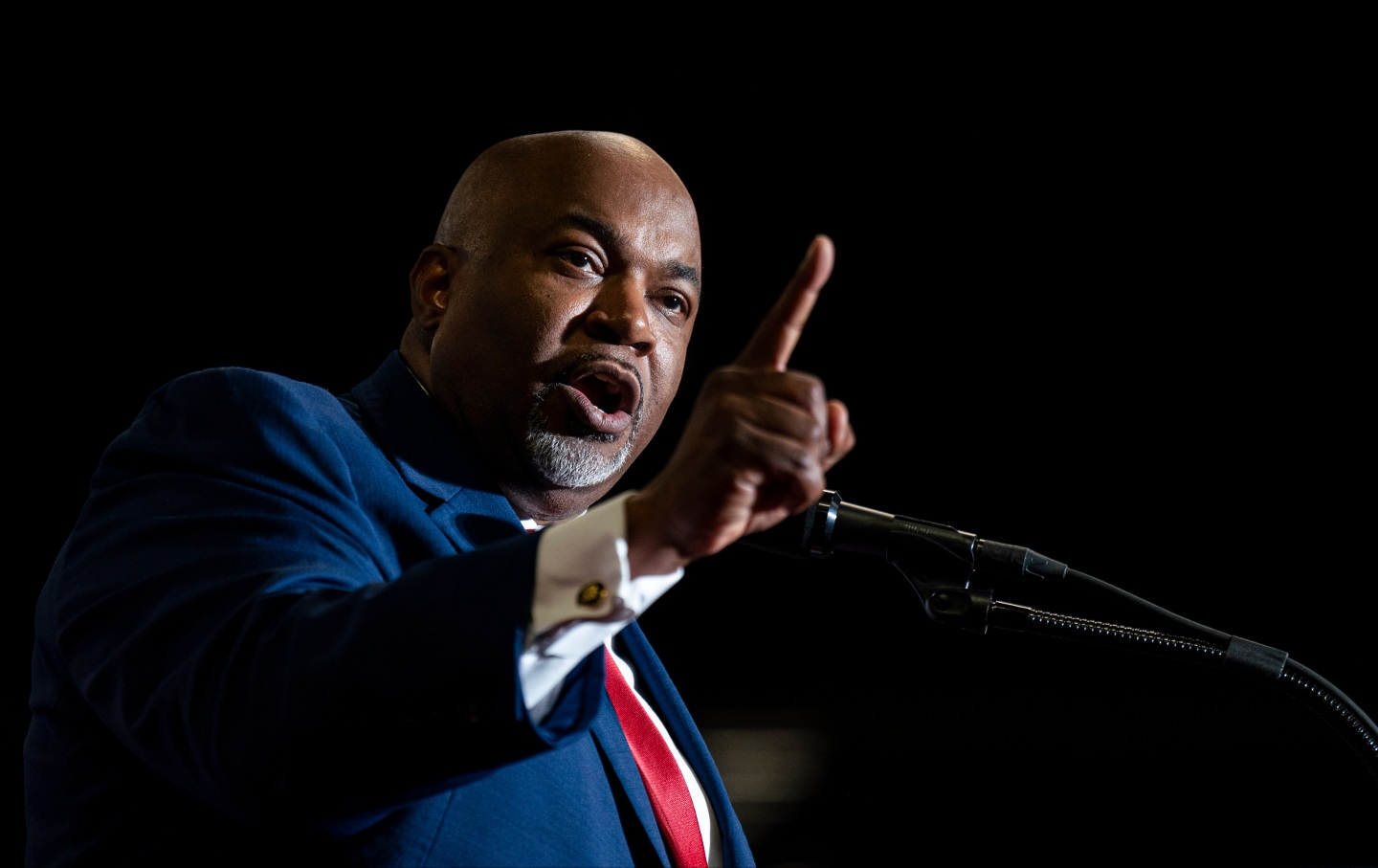
Mark Robinson is the most high-profile example of the radicalization of North Carolina’s Republican Party. But there’s plenty more where he came from.
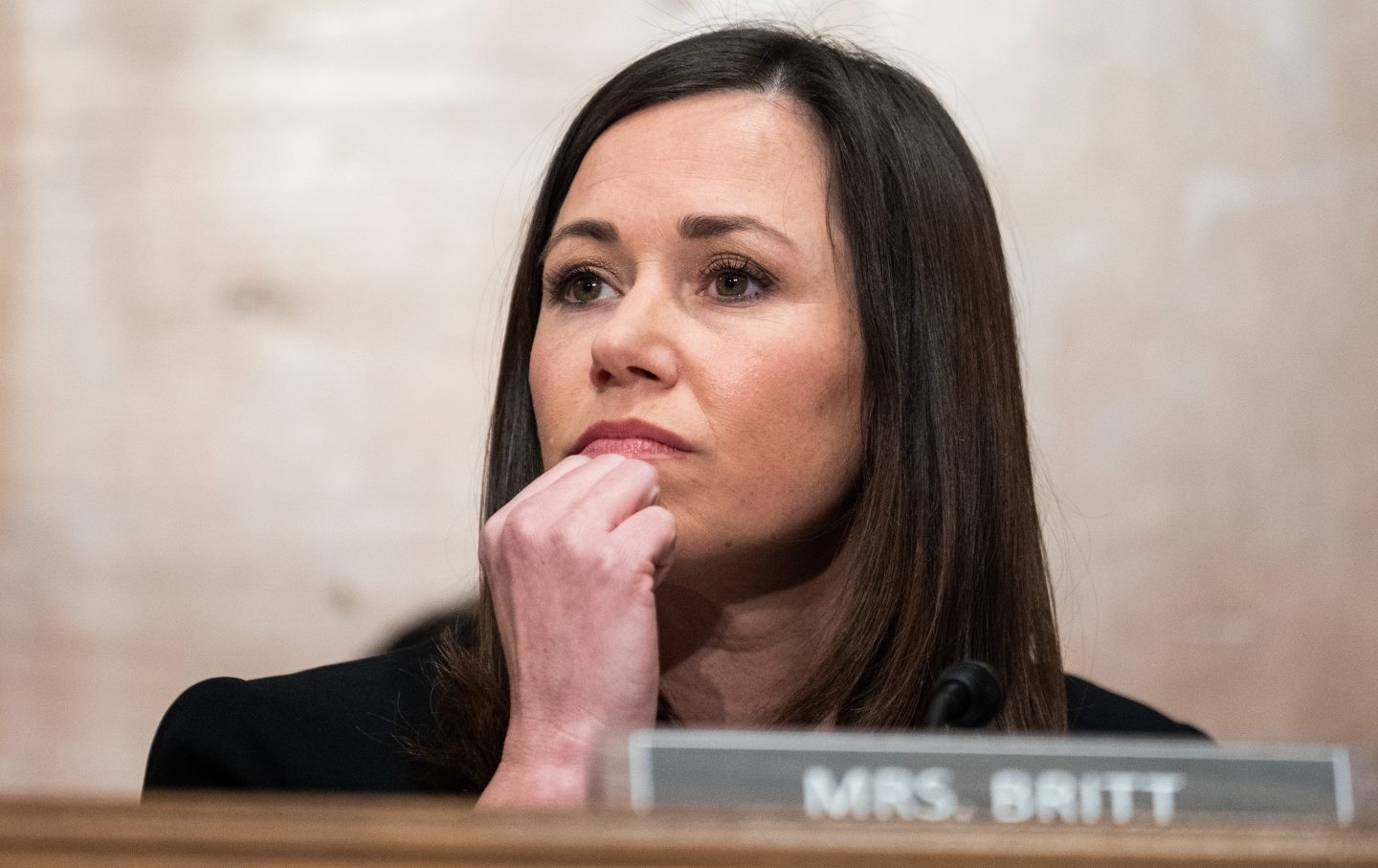
The Katie Britt–Nancy Mace mess showed just how hard it is to be a woman of integrity in today’s GOP.
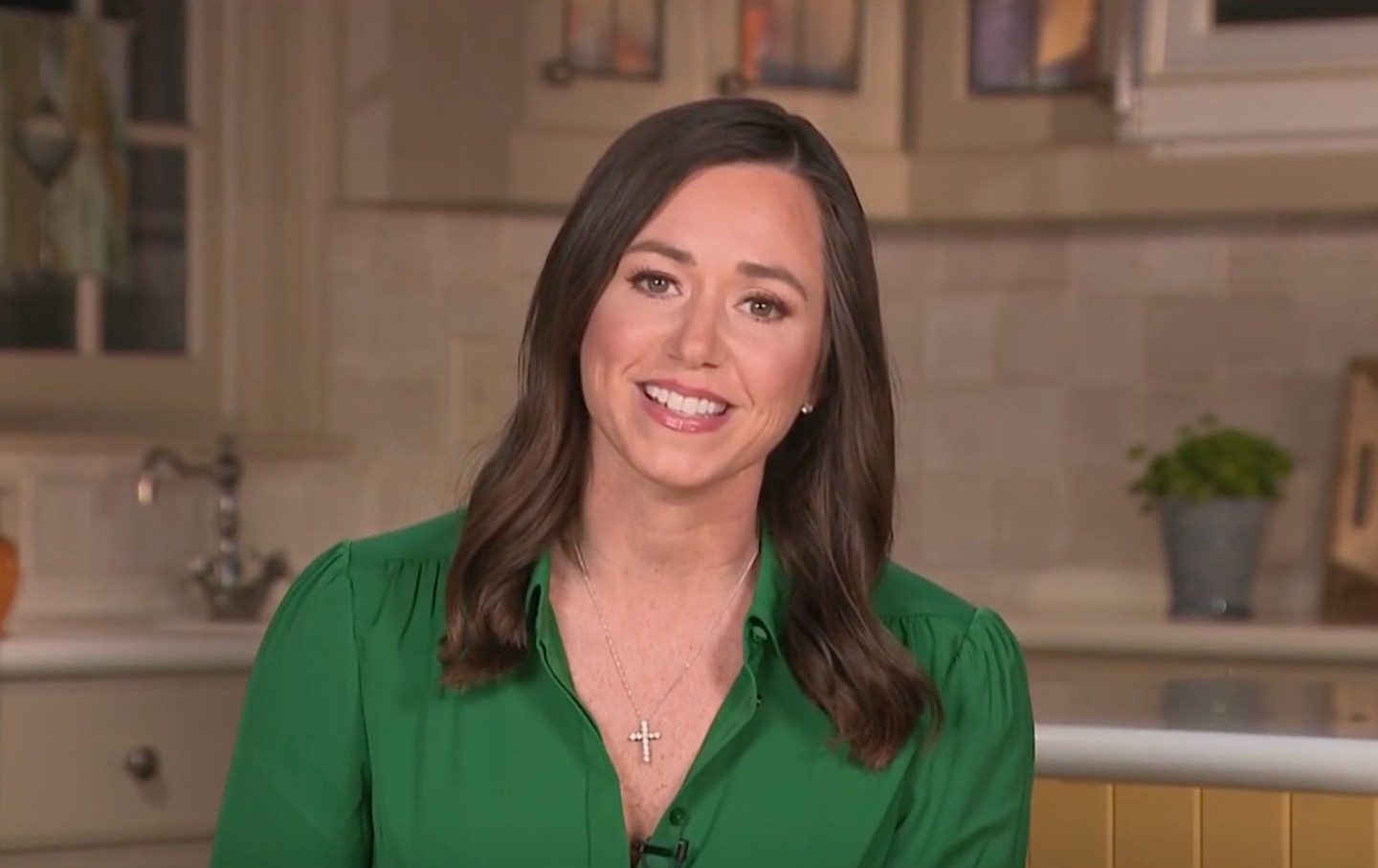
The Alabaman’s disastrous debut was so weird even Scarlett Johansson—who’s played everything from a man-eating alien to Black Widow to Maggie the Cat—couldn’t do it justice.
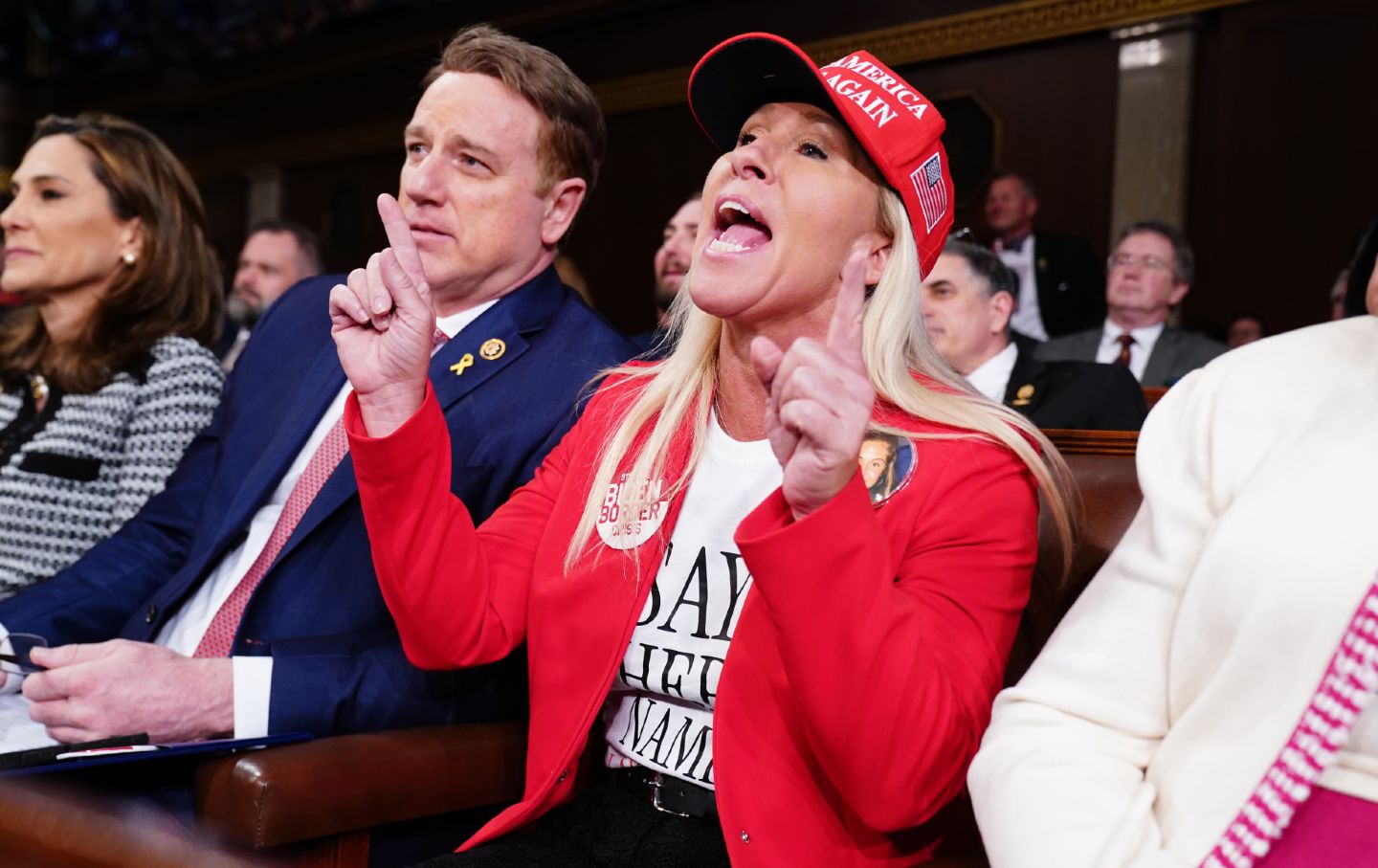
The stable of imagery associated with the far-right insurgency no longer seems as fresh as it did when Trump first donned his red cap.

The campaign is racking up votes—and delegates—across the country. It’s now the biggest challenger to Joe Biden in the Democratic primary.
[ad_2]
#Talking #President #Bidens #Age

